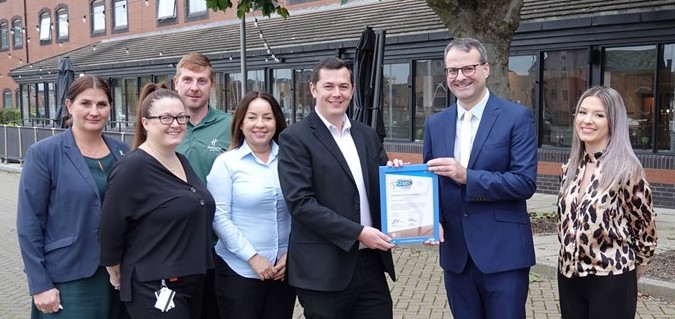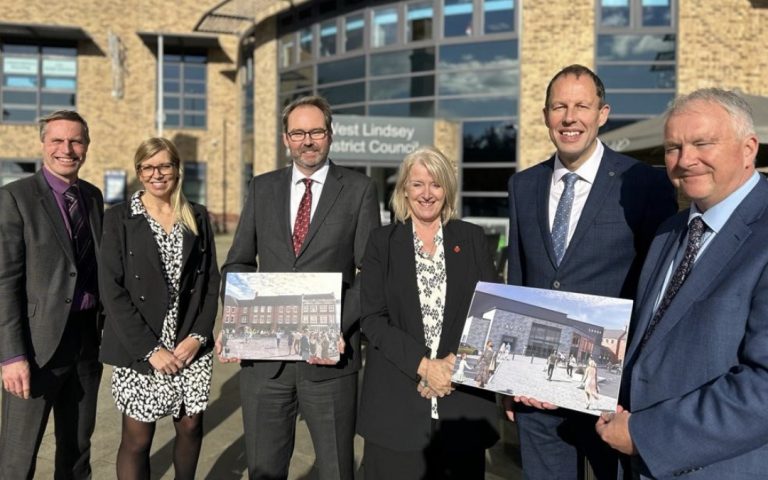Leeds-based Reward Finance Group has forged a pioneering partnership with the Football Mental Health Alliance (FMHA) and England’s County Football Associations (CFAs) to bolster mental health support for all involved in grassroots football.
At the heart of this partnership is ‘The Vault’, FMHA’s free mental health platform, developed collaboratively by psychologists, coaches, parents, carers, licensed FIFA Agents and ex-pros. The goal is to address mental health challenges in grassroots football in a way that is relatable and easy to understand for everyone, regardless of their level of involvement.
Reward’s financial support will facilitate the expansion of The Vault, which offers expert-led, football-themed content such as webinars, podcasts, a mental health playbook and articles that delve into the intersection of mental health and football.
Additionally, it provides mental health first aid training and signposting to specific mental health support, all tailored for football clubs to promote open conversations and create a more positive and supportive culture within grassroots football.
Danny Matharu, founder of the FMHA and The Vault, said: “We are elated to partner with Reward. They have a culture which recognises the importance of health and wellbeing, demonstrated by the recent launch of their internal Wellness Team, dedicated to supporting colleagues. This approach resonates with our values and we look forward to working together to use the medium of football to promote mental health.
“Statistics show that one in four people experience mental health difficulties each year and one in six working-age adults have mental health symptoms at any given time. Mental health conditions often develop early, with 75% of cases emerging by age 18, and men aged 40-49 have the highest suicide rates in the UK.
“The Vault is dedicated to creating an inclusive and empowered environment where players, communities, coaches and volunteers can thrive both on and off the field, providing free support for all ages through anonymous sign-up, ensuring confidentiality and comfort.
“Mental health is a top priority for CFAs across England, and with support from Reward, we can continue to empower the English grassroots game by offering consistent, football-themed mental health tools.”
Nick Smith, group Managing Director of Reward Finance Group, said: “Our dedicated focus is promoting positive mental health and wellbeing within our team. Hence, partnering with Danny and the FMHA became a new way to further that aim. The evident lack of mental health support in the football community means this digital suite is a truly innovative development.
“Our partnership with the FMHA follows the launch of our 2023-2024 corporate charity partner, Andy’s Man Club, which is a men’s suicide prevention charity offering free-to-attend peer-to-peer support groups across the United Kingdom and online. At Reward, we strive to ignite a meaningful shift in mental health perceptions and to ensure robust support is accessible to those in need.”






















